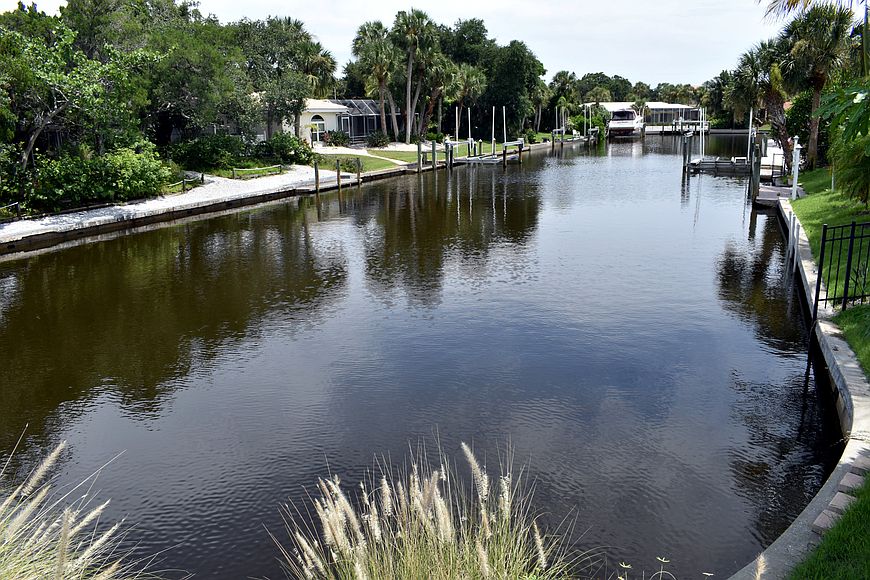- July 26, 2024
-
-
Loading

Loading

Any sewage flowing into our waters is unacceptable. But apparently that is an extreme view in Florida and Sarasota County, where sewer line breaks, backups and spills are weekly events and don’t rate any particular attention from our elected leaders.
Last year, Gatehouse Media found that “since 2009, there have been nearly 23,000 reports of sewage spills to the Florida Department of Environmental Protection. These spills released about 1.6 billion gallons of wastewater, including more than 370 million gallons of untreated sewage.”
That is statewide.
For Sarasota County for the past six months, the accompanying table shows weekly sewage spills, with thousands of gallons spilled every month.
To be fair, not every spill results in sewage getting into waterways — sometimes it is contained on land. And it is not always the result of a faulty system — some accidents happen, and construction workers cutting a pipe or grease improperly disposed of by restaurants can’t always be controlled by the county.
What’s more, the giant spills of reclaimed water are not raw sewage, but have been treated to be clean enough to apply to agricultural land as fertilizer — but not safe to touch. Those spills, which almost always DO go into the waterways, are full of the nutrients and sediments and bacteria that are like a bomb going off in the waterway ecosystems.
Given that our tourist economy — and more important, our own quality of life as residents — depends on clean healthy creeks, lakes, waterways and bays, you’d think putting a stop to sewage spills would be a priority. A top priority.
But why don’t we have as close to a bullet-proof sewage system as feasible?
The city of Sarasota has proposed an increase in millage rates to pay for capital projects in the city sewer system. But most of the spills are in the county system where improving the infrastructure is not the top line item it should be.
These subterranean upgrades don’t make for the sexy ribbon-cutting photo-ops of other public works, but that’s part of the solution needed. County leaders need to cut spending elsewhere to fund sewer infrastructure improvements.
We residents must turn up the pressure and accept the trade-offs. We should demand the county makes fixing the sewer system a top priority. Reach out to your county commissioner and tell him or her.
As you do that, you must be willing to accept that probably means moving funds from lower priority items in the budget. Commissioners hate doing that, in part because people show up to scream and yell at them for any cut. But if we as residents can’t prioritize county issues, we can’t really expect the commissioners to do so.
There is a lot involved in fixing the system. Replacing, upgrading and adding new underground pipes are expensive, as is expanding and improving stormwater systems. Lift stations, generators to run them, complex valves, digital monitors and SCADA systems are also expensive and require ongoing staff and training. Expanding reclaimed water basins and overflow catchment are costly as well.
If raising the capital and higher operating costs are too much of a barrier, the county should look at a public-private partnership. Thousands of cities and counties around the nation have brought in private companies to build new sewer infrastructure and operate expanded systems. I have authored several research studies on these types of partnerships, which if structured properly can help a system with:
• Reducing costs, both capital and operating and maintenance costs;
• Increasing efficiency;
• Enhancing risk management;
• Meeting capital investment needs;
• Achieving regulatory compliance;
These studies might be what Sarasota County needs to help bring its sewage spill problems under control.
Dr. Adrian Moore is vice president at Reason Foundation and lives in Sarasota.
Dr. Adrian Moore is the vice president at Reason Foundation and lives in Sarasota.